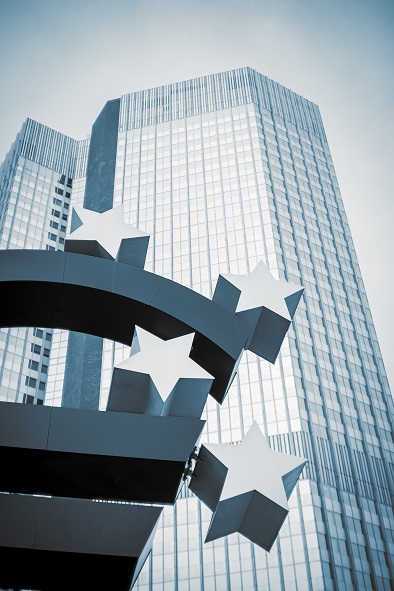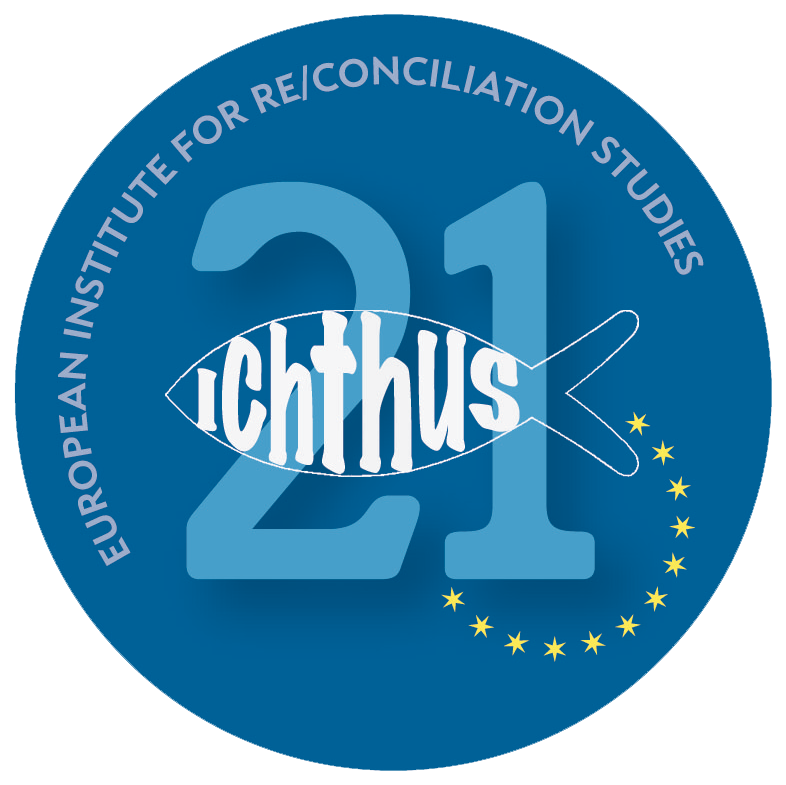Unity in Diversity

In the history of relations between European countries, the preservation of peace and stability has always been a predominant concern. The gap between the idea of peace and the reality of tension and conflict, however, has proven to be a major challenge to Europeans across the continent, and that challenge was not only due to conflicting political and economic interests. Situations of conflict often arise in a complex setting of historical, social, cultural, religious, and political interaction between communities; accordingly, they must be dealt with in a multifaceted and integrative manner.

In order to demonstrate unity in diversity, we first have to understand each other, or appreciate each other's way of life and socio-cultural identity. This is only possible if we are knowledgeable about our distinct histories, cultures, traditions and value systems. On the contrary, ignorance of each other's ways of lives has been a common cause, throughout the history of Europe, of suspicion and mistrust. This is also true more specifically for the various Christian traditions and denominations found in Europe. Experiencing unity in Europe and experiencing unity in the Church are paralleling challenges that should be seen as the two sides of one coin.

Encouraging unity in diversity will not only include the promotion of intercultural understanding. It will need to allow for real dialogue among Europeans. In our era of global interconnectedness, the assertion of cultural identity can only be envisioned on the basis of mutual respect and the acceptance of diversity. The strength of a people or nation indeed depends on the ability to interact with other communities in a complex, multidimensional manner, something that also includes the capacity to see oneself through the eyes of the other. Dealing with differences in a realistic manner — neither repulsing "the other" nor denying his being different — is in a nation's well understood self-interest.

Contact Us
For further information, or to book a seminar, please do not hesitate to contact us via email, telephone, or through the contact form.
Dr. Raymond Pfister1700 Fribourg
Switzerland
.
.